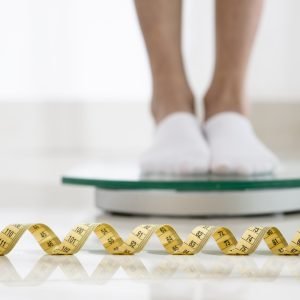
Laughter might be the best medicine, not just for relaxing the mind. Researchers now suggest it could also be a safe, low-cost remedy for those with dry eyes.
Dry eye disease occurs when the eyes do not produce adequate tears causing discomfort, redness, and itching. It is a common condition that affects around 16 million people in the U.S. and 360 million individuals worldwide. Certain medications, medical conditions, and lifestyle factors such as screen use, use of contact lenses, and smoking can affect the risk.
Earlier studies have shown that laughter exercises can help with mental health issues such as depression, anxiety, and stress. Laughter has also been found to relieve chronic pain and strengthen immune function. Recognizing these benefits, it is now being used as an add-on therapy for mental health disorders and conditions like cancer and diabetes.
The latest study published in the journal The BMJ tested the efficacy and safety of laughter exercise in patients with symptomatic dry eye disease. The results suggest that “as a safe, environmentally friendly, and low-cost intervention, laughter exercise could serve as a first-line, home-based treatment for people with symptomatic dry eye disease and limited corneal staining.”
The researchers conducted an eight-week trial involving 283 participants between 18 and 45 years to test the benefits. The participants had symptomatic dry disease and were tested using the ocular surface disease index (OSDI) score for severity. They were randomly assigned to receive laughter exercises or treatment using 0.1% sodium hyaluronic acid eye drops four times, a day.
Participants in the laughter exercise group watched an instructional video and were asked to repeat the phrase “Hee hee hee, hah hah hah, cheese cheese cheese, cheek cheek cheek, hah hah hah hah hah hah” 30 times during each five-minute session. A face recognition mobile app was used to standardize the exercise and enhance facial movements, while the use of eye drops was also tracked through the same app.
“The average OSDI score at eight weeks was 10.5 points lower (indicating less discomfort) in the laughter exercise group and 8.83 lower in the control group, with a mean difference of −1.45 points, suggesting that laughter exercise was no less effective than eye drops,” the news release stated.
Another important finding was that the laughter exercise group showed improved results in non-invasive tear break-up time (the time it takes for the first dry spot to appear on the cornea after a blink), meibomian gland function (oil glands that prevent tears from evaporating too quickly), and mental health scores.







